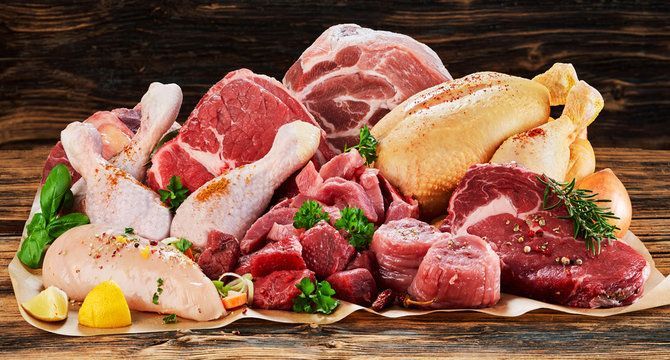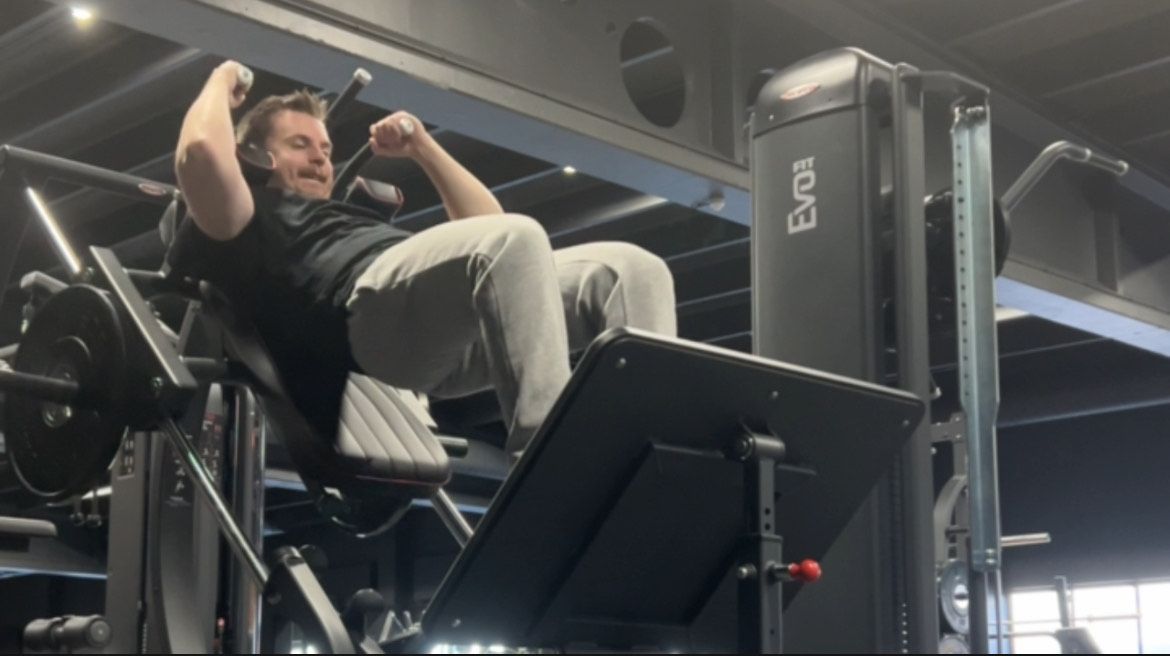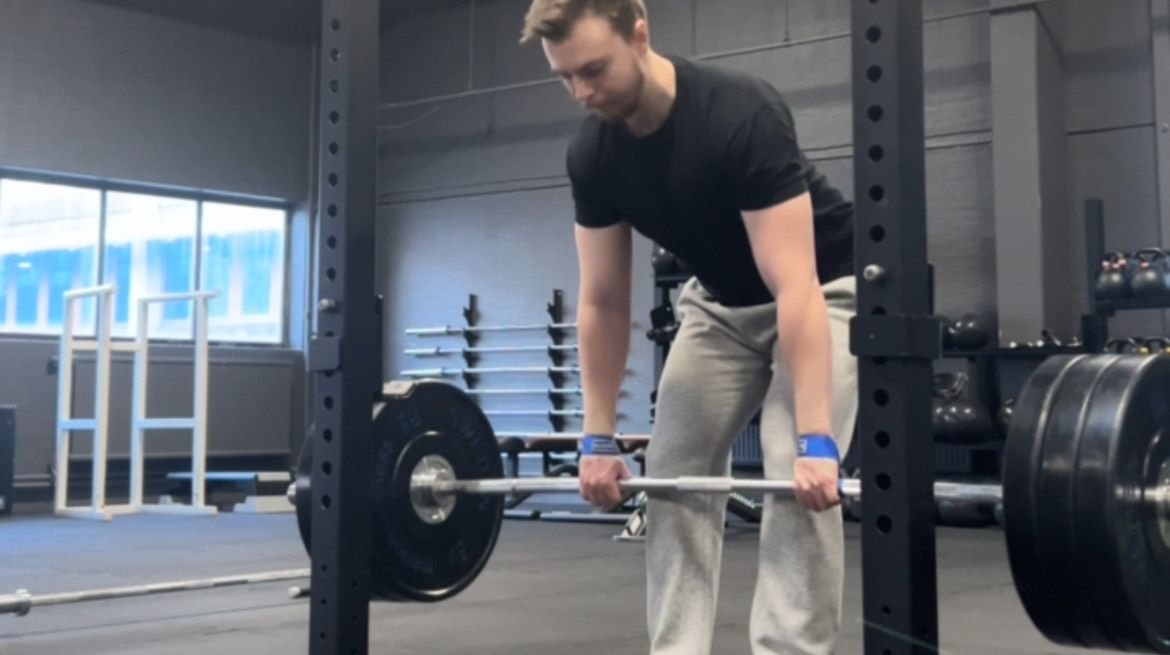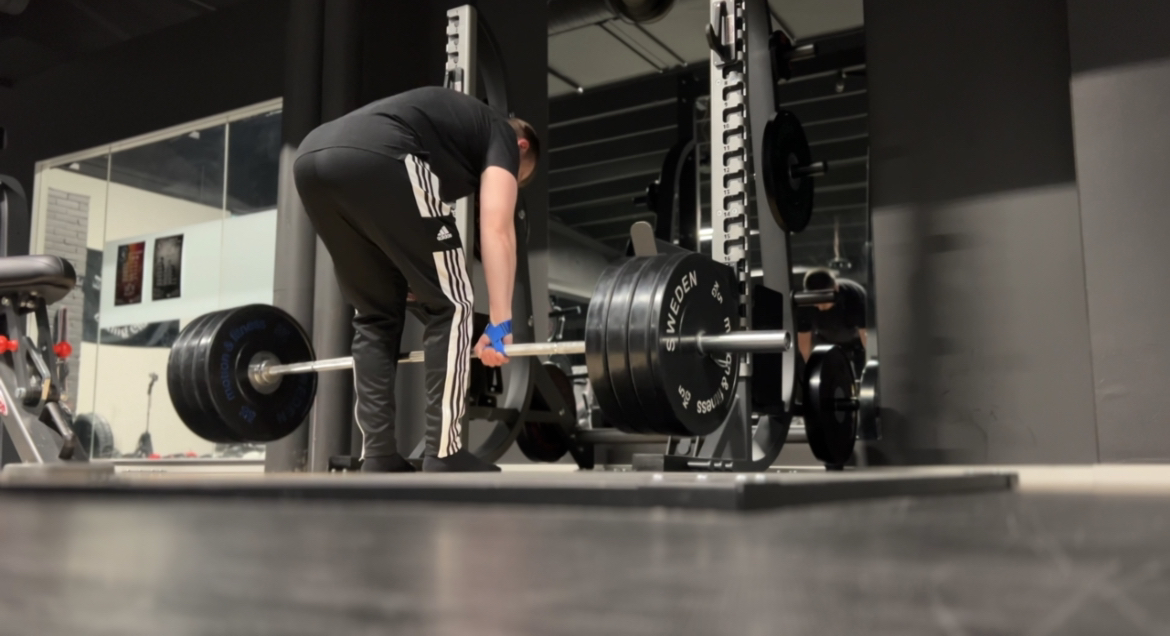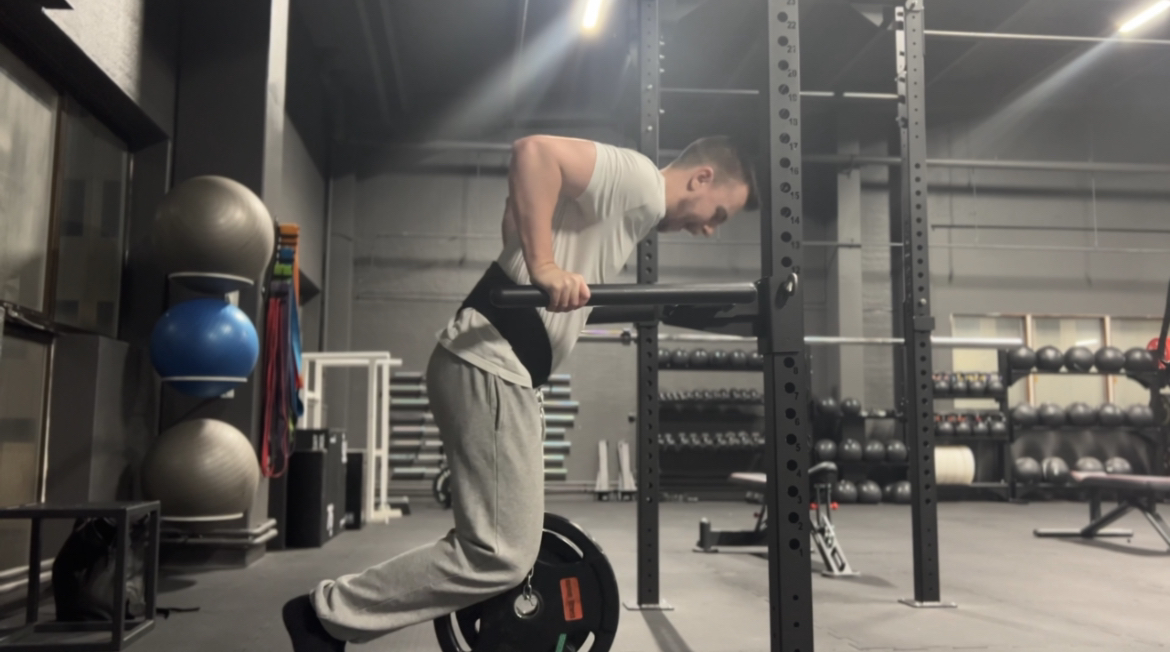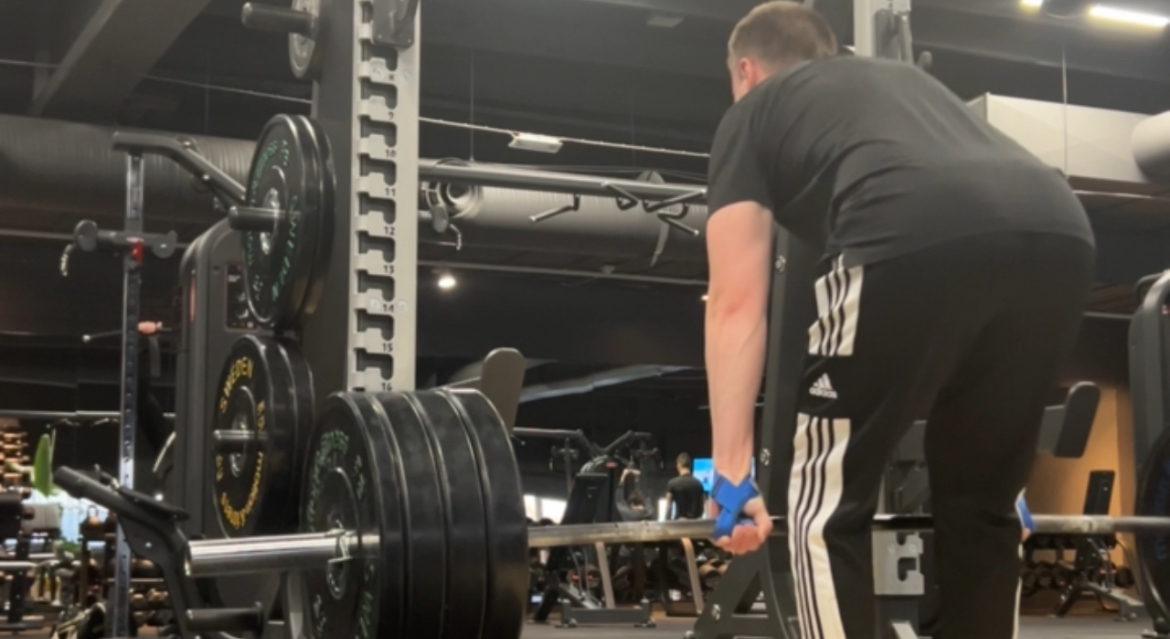How Poor Nutrition Affects Muscle Building
You diet is more important than you think
Achieving your muscle-building goals is a multifaceted process that involves consistent training, adequate rest, and, crucially, proper nutrition. Unfortunately, many people underestimate the importance of nutrition, leading to suboptimal results and various health issues. Understanding how poor nutrition can impact your muscle-building efforts and overall health is essential for making the necessary changes to your diet.
How Poor Nutrition Affects Muscle Building
1. Inadequate Protein Intake
Protein is the building block of muscle. When you don’t consume enough protein, your body struggles to repair and grow muscle fibers after workouts. This can result in muscle loss, decreased strength, and longer recovery times.
2. Insufficient Caloric Intake
Building muscle requires energy, and that energy comes from calories. If you’re not consuming enough calories to support your activity level and muscle growth, your body may enter a catabolic state, where it starts breaking down muscle tissue for energy.
3. Imbalanced Macronutrients
A balanced intake of macronutrients—proteins, carbohydrates, and fats—is crucial for muscle building. Carbohydrates provide the energy needed for intense workouts, while fats are essential for hormone production and overall health. An imbalance can lead to poor performance, slower recovery, and hindered muscle growth.
4. Micronutrient Deficiencies
Vitamins and minerals play a vital role in muscle function and recovery. Deficiencies in key micronutrients like vitamin D, calcium, magnesium, and iron can lead to decreased muscle function, fatigue, and increased risk of injury.
The Broader Health Implications of Poor Nutrition
1. Weakened Immune System
A poor diet can compromise your immune system, making you more susceptible to illnesses and infections. This can lead to more frequent sick days, disrupting your workout routine and hindering progress.
2. Decreased Energy Levels
Inadequate nutrition can lead to chronic fatigue and decreased energy levels, making it harder to stay motivated and perform well during workouts. This not only affects muscle building but also impacts your overall quality of life.
3. Digestive Issues
A diet lacking in fiber and rich in processed foods can lead to digestive problems such as constipation, bloating, and gastrointestinal discomfort. Proper digestion is essential for nutrient absorption and overall health.
4. Mental Health Challenges
Nutrition also impacts mental health. Poor dietary choices can contribute to mood swings, anxiety, and depression. Mental well-being is crucial for maintaining motivation and consistency in your fitness journey.
Key Nutritional Strategies for Muscle Building
1. Prioritize Protein
Ensure you’re consuming enough high-quality protein from sources such as lean meats, fish, eggs, dairy, legumes, and protein supplements. Aim for at least 1 gram of protein per pound of body weight daily to support muscle repair and growth.
2. Balance Your Macronutrients
Incorporate a balanced mix of carbohydrates and fats in your diet. Opt for complex carbohydrates like whole grains, fruits, and vegetables for sustained energy. Include healthy fats from sources like avocados, nuts, seeds, and olive oil.
3. Focus on Micronutrients
Eat a variety of fruits and vegetables to ensure you’re getting a wide range of vitamins and minerals. Consider a multivitamin supplement if you’re concerned about potential deficiencies.
4. Stay Hydrated
Hydration is vital for overall health and muscle function. Drink plenty of water throughout the day, especially before, during, and after workouts.
Conclusion
Proper nutrition is a cornerstone of effective muscle building and overall health. By prioritizing a balanced diet rich in essential nutrients, you can enhance your workout performance, support muscle growth, and improve your well-being. Recognize the impact of poor nutrition and make the necessary changes to your diet to reach your fitness goals and maintain a healthy lifestyle.
